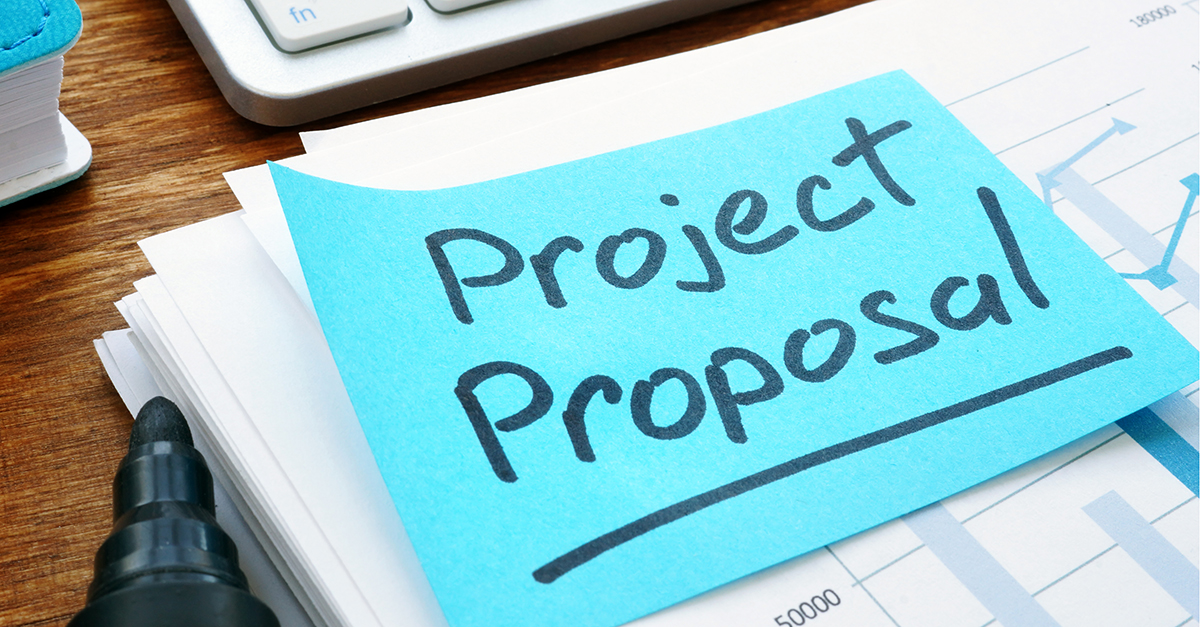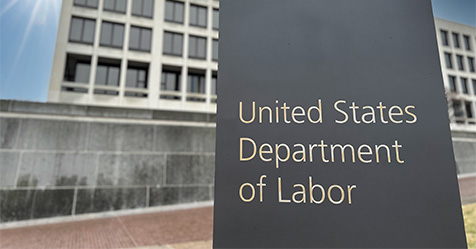As a master franchise owner for a leading commercial cleaning brand, I know what it’s like to stress over requests for proposals (RFPs). Responding to RFPs is a critical step in securing new contracts for commercial cleaning operators looking to expand their client base.
The RFP process allows businesses, institutions, and government agencies to select the best vendor for their needs by comparing pricing, capabilities, and service quality. A well-executed RFP response allows commercial cleaning companies to demonstrate value, expertise, and efficiency. Beyond simply winning new business, a strong RFP submission helps establish credibility and
build long-term client relationships.
Although the RFP process may seem straightforward, it is often competitive, complex, and time-consuming. To increase your chances of winning new bids, it’s essential to understand the importance of the RFP process, the common bidding challenges, and the best practices for crafting a winning proposal.
Understand bidding challenges
The RFP process has its fair share of challenges, and key among them is the ability to understand the client’s needs and requirements. To overcome this obstacle, you must engage in detailed pre-RFP discussions and ask clarifying questions to ensure your proposal meets the client’s expectations.
RFPs often contain intricate and detailed service requirements that clients and cleaning operators must meticulously interpret and address. Balancing competitive pricing with profitability is another significant hurdle, as is the pressure to meet strict submission deadlines. Customizing each response to meet the client’s unique needs can be resource-intensive, but it’s
crucial for success.
To navigate these challenges effectively, adopt strategic approaches that enhance your proposal’s quality and increase your chances of winning. Read on for some great tips.
Follow bidding best practices
Winning an RFP for your commercial cleaning business can be incredibly exciting and rewarding. It validates your company’s capabilities and reputation and opens the door to new growth and expansion opportunities. Securing a new contract means gaining a valuable client, increasing revenue, and acquiring a more substantial market presence.
The sense of achievement from outshining competitors and demonstrating your unique value proposition can boost team morale and motivation. A successful RFP win can also be a powerful testament to your team’s hard work and dedication, fostering a culture of excellence and continual improvement.
Overall, winning an RFP is a significant milestone that can propel your business forward for future success. To give your cleaning company the best chance, follow seven steps.
1. Understand the client’s needs
Thoroughly analyze the RFP document before drafting a proposal. Identify the client’s pain points and tailor your proposal to address their unique challenges. Highlight solutions beyond
essential cleaning services, such as green cleaning options, advanced sanitation technology, or specialized disinfection protocols.
2. Highlight your advantages
Your proposal should clearly define what sets your company apart. Some differentiators may include a proven track record with similar clients, the use of innovative cleaning technologies, and a strong quality assurance and reporting system. Industry certifications through organizations such as the ISSA Cleaning Industry Management Standard (CIMS) and Green Seal—as well as compliance with the U.S. Occupational Safety and Health Administration (OSHA) and other agencies—can also showcase your cleaning company positively.
3. Price competitively but profitably
Winning a bid at an unsustainable price can harm your business. Conduct a cost analysis to ensure your pricing is competitive yet profitable. Offer tiered pricing options or value-added services to
distinguish your proposal without undercutting your bottom line.
4. Craft a clear and concise proposal
A well-structured proposal should include:
- Executive summary: Craft a brief overview of why your company is the best fit.
- Company background: Highlight your company’s experience, expertise, and industry reputation.
- Scope of services: Offer a clear outline of the cleaning services you will provide.
- Quality control measures: Demonstrate how you ensure consistent, high-quality service.
- Pricing and payment terms: Provide a transparent and detailed cost breakdown.
- References and case studies: Include testimonials and success stories from clients.
5. Follow submission guidelines meticulously
Failure to comply with submission requirements can disqualify your bid. Ensure all necessary documents, certifications, and references are included. Format the proposal according to the
client’s specifications and submit it before the deadline.
6. Invest in proposal-writing tools and expertise
Consider using RFP response software to streamline the proposal-writing process. Additionally, if your team lacks strong proposal-writing skills, hiring a professional writer or
consultant can improve the quality of your submissions.
7. Follow up for feedback
Even if you don’t win the bid, following up with the client can provide valuable insights. Request feedback on your proposal’s strengths and areas for improvement. This information can help refine
future RFP responses and increase your chances of success.
Set your plan in motion
Winning an RFP requires more than just submitting a bid; it demands a strategic approach, attention to detail, and a clear demonstration of value. By implementing these best practices, your
commercial cleaning company can enhance its proposals, stand out from the competition, and secure more contracts. Start refining your RFP process today and set your business on the path to
growth and success.




